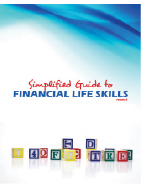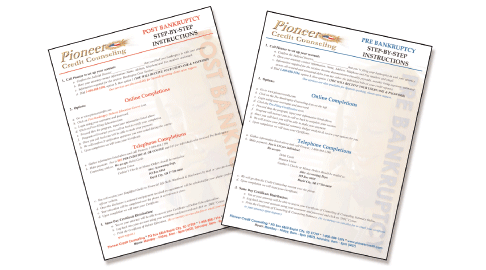Fun in the Sun
Summer jobs just aren’t for teenagers anymore. There are many opportunities for those who already have a full-time job or have their summers off. Here are a few ideas that can be fun and also get you some extra cash.
Many teachers have their summers off, and even though the break is well deserved they may need something to bide their time and help them with the bills. If you have the opportunity of working daytime hours there are many options available.
Teachers can always extend the school year and apply to teach summer school. There may also be summer programs through the public library or organized clubs that are looking for certified educators to help them through the summer. Some teachers may want to take a break from education and choose another summer excursion.
The outdoors is a great place to find summer employment. There are many landscaping and construction jobs that pay well, keep you in shape, and let you enjoy the sunny weather.
You can always try to get a job selling concessions at the local softball or soccer fields. These probably won’t offer you the best wages but they also won’t consume all your time this summer. Who’s to say you can’t have a couple of smaller jobs.









